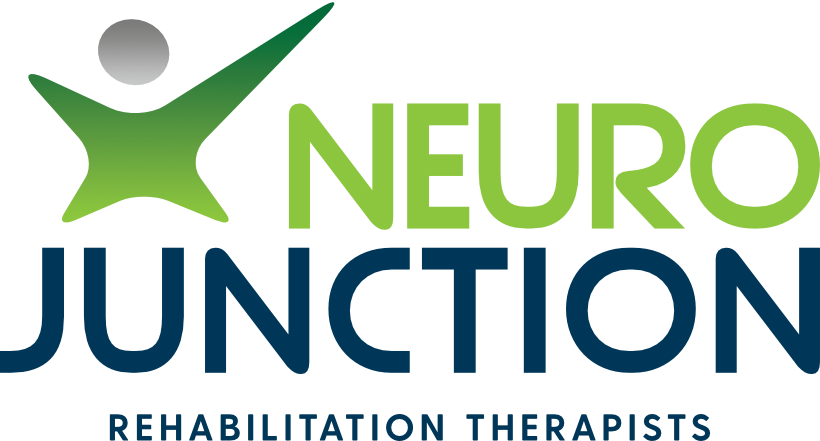Multiple System Atrophy (MSA)
At Neurojunction we often see people with complex neurological conditions. One of the more rare conditions we help people manage is called Multiple System Atrophy (MSA).
What Is MSA?
Multiple System Atrophy (MSA) is a rare, progressive neurological condition. It affects how the brain controls movement, balance, and many of the body’s automatic functions such as blood pressure, bladder control and swallowing.
MSA usually starts in adults around age 50–60
It affects men and women equally
It is not inherited and has no known cause
Around 2,500 people in Australia are currently living with MSA
What causes MSA?
MSA is a result of nerve cell damage in several parts of the brain. One of the main problems is a build-up of a protein called alpha-synuclein in the brain cells. This build-up causes brain cells to shrink and become damaged. Over time, this affects brain regions that control movement including walking, coordination and important body functions like blood pressure and digestion.
Even though we all have alpha-synuclein in our brains, in MSA it behaves abnormally.
MSA Symptoms
MSA can sometimes look like Parkinson’s Disease early on, but over time it becomes clear that it’s different.
Common symptoms include:
Difficulty walking or balancing (often needing a walking aid)
Dizziness or fainting due to low blood pressure
Blurry vision
Difficulty with speech and swallowing
Bladder and/or bowel management issues
How Is It Diagnosed?
MSA is tricky to diagnose. It often takes a few years for most people to have a clear diagnosis (on average 3–4 years from the first symptoms). Doctors look at symptoms, medical scans, and how the body responds to medications to make the diagnosis.
There are two main types of MSA:
MSA-P (Parkinsonian type) – symptoms look similar to Parkinson’s
MSA-C (Cerebellar type) – symptoms include unsteady walking and coordination problems
How Physiotherapy Can Help
Physiotherapy plays a huge role in helping people with MSA stay active, safe, independent and maintain quality of life.
Physio’s work with you on:
Balance and walking training – to reduce falls and maintain mobility
Strength and flexibility – to support muscles, joints and bone health
Vestibular Ocular Rehabilitation – to improving coordination between the eyes and head movements
Falls prevention – Home assessment and tailed home exercise program
Posture and blood pressure management – especially when changing positions
Mobility aid prescription – like walking frames or wheelchairs if needed
Hydrotherapy (pool-based exercise) can also be helpful, as the water supports movement and helps manage blood pressure drops
How Occupational Therapy Can Help
OT help people with MSA stay as independent as possible even as their condition progresses.
OT’s work with you on:
Home safety & equipment: Recommending aids and modifications to reduce falls
Daily tasks: Adapting self-care activities like dressing, eating, and toileting
Fatigue & thinking: Helping with energy conservation and routine planning
Work & hobbies: Supporting meaningful activity and task modification
Body regulation: Managing bladder, bowel, and blood pressure through practical strategies and compression stocking prescription
Supporting People With MSA
Living with MSA can be extremely challenging, both physically and emotionally. Family, friends, and carers play a vital role in helping someone with MSA. We work closely with you all to provide education, training, programs and practical strategies tailored to your needs.
For more information, resources, and support about Multiple System Atrophy (MSA), visit:
MSA Trust UK – A dedicated organisation offering education, research updates, and support for people living with MSA and their families.
Fight Parkinson’s Australia – Provides information, community support (including local support groups), and advocacy for people living with MSA and related movement disorders in Australia.
Ruby Paton - Physiotherapist

